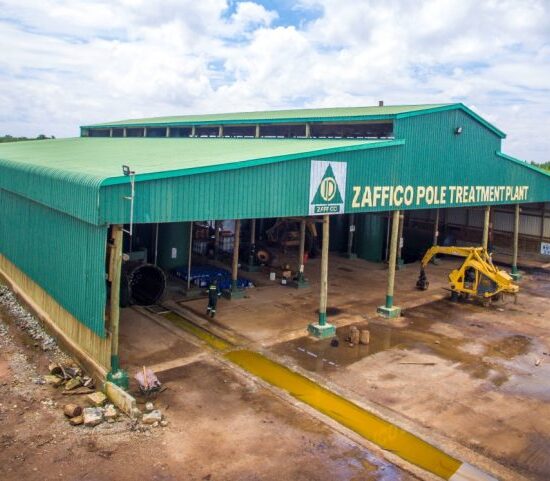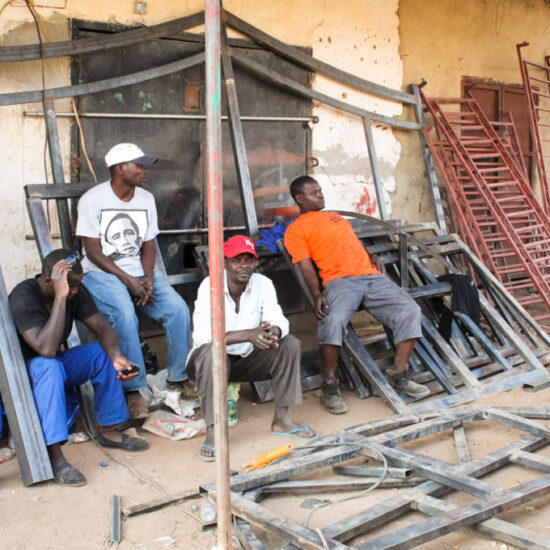
Zambeef Products Plc has highlighted the need to safeguard the country’s value chains and has called on both stakeholders and consumers to guard against the illegal influx of smuggled meat.
Zambeef Chief Executive Officer Francis Grogan observed that efforts by both the government and the private sector to boost and encourage local livestock production in the country were being hampered by rising levels of unregulated meat particularly beef making its way onto the market.
“Such activities are not only hurting our hardworking farmers and businesses but also putting consumers at risk. I therefore urge shoppers to continue buying local meat products from trusted and regulated sources,” he said.
Grogan has also noted that while the market for beef holds great potential, there has been minimal growth in beef volumes despite the massive investments that have gone into developing the sector owing to such challenges.
Zambeef currently has an inventory of almost 12,000 cattle all bought from local farmers but is concerned that the economic impact in the long-term is being hampered by the smuggling which is undermining the local beef industry and depriving the country of much-needed and valuable revenue.
The recent Foot and Mouth Disease outbreak has been a further wake up call for the development and enforcement of more focused, stringent, streamlined and sustainable policies in the local beef industry necessary to curb the growing illicit trade.
“Zambia has the potential to feed itself and neighboring markets but it must position itself to be an agricultural and agro-processing powerhouse by tackling illicit trade of commodities and production is vital to achieving this,” said Grogan.
The Zambia Revenue Authority recently exposed a beef importing syndicate that was importing the commodity under false declarations. This beef was said to be destined to a farm in Mazabuka were the beef was being re-packaged and sold as local beef.







